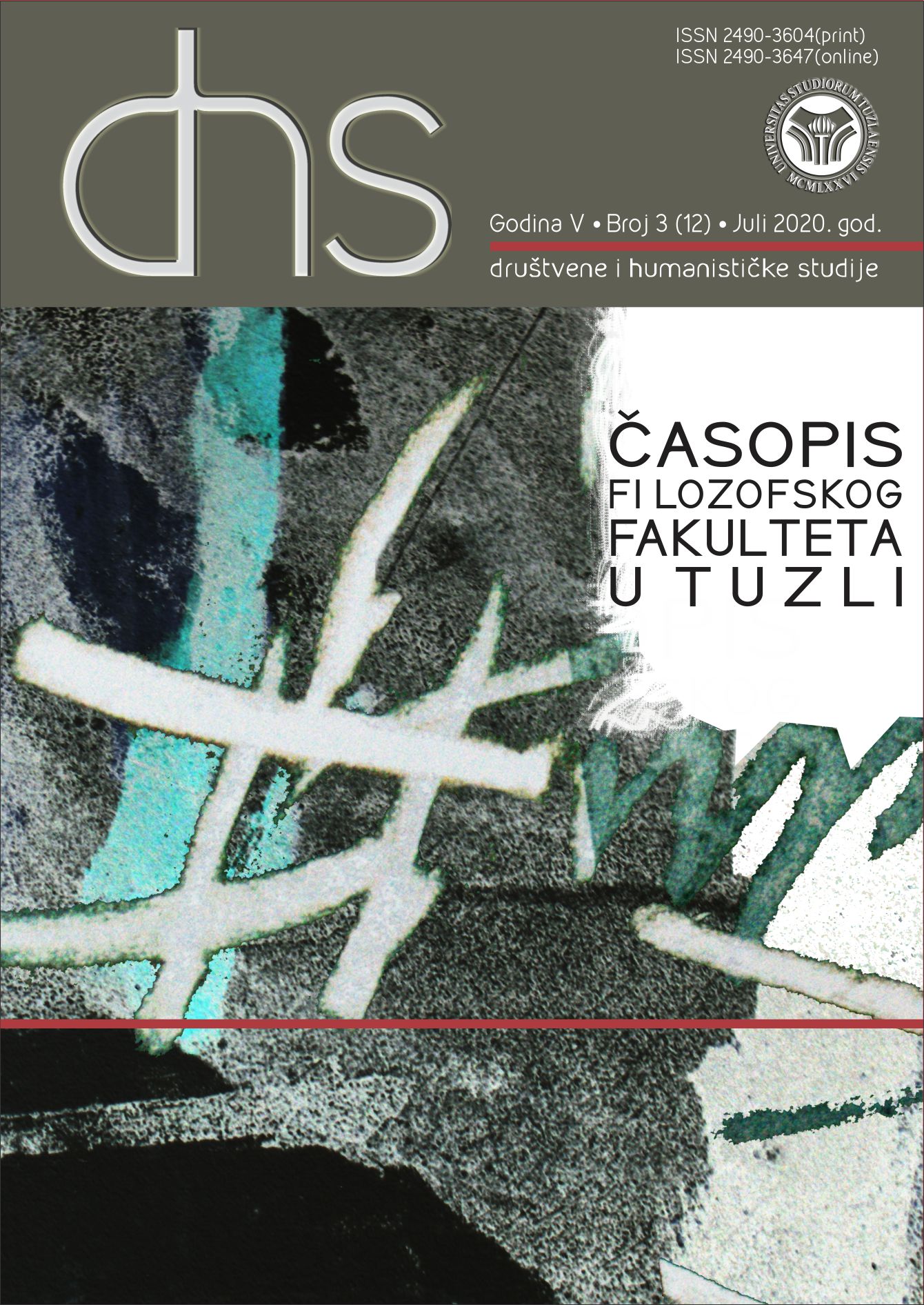Total Physical Response as an Integral Factor for Teaching English Vocabulary to Pre-Adolescent Learners
Total Physical Response as an Integral Factor for Teaching English Vocabulary to Pre-Adolescent Learners
Author(s): Damir HusanovićSubject(s): Language studies, Language and Literature Studies, Foreign languages learning
Published by: Filozofski fakultet Univerziteta u Tuzli
Keywords: language acquisition; vocabulary; young learners; total physical response (TPR);
Summary/Abstract: The primary concern of this paper was the vocabulary acquisition of young, pre-adolescent, learners through the use of TPR (Total Physical Response). The paper attempted to investigate whether pre-adolescent learners (sixteen students who participated as a part of the control group and nineteen students who participated as members of the experimental group) acquire vocabulary more naturally and effectively through the use of TPR than the learners who acquire vocabulary through a more traditional, form-meaning-use, type of acquisition. Moreover, the author attempted to explore the students’ ability to acquire a larger set of vocabulary items (12) within one 45 minute lesson and whether TPR is indeed effective in this process. The paper attempted to investigate the efficiency of TPR on students with kinesthetic, auditory and visual learning preferences. Age, gender, English learning success, learning preferences and overall student success were analyzed in the attempt to investigate the effectiveness of TPR. Male students performed significantly better under the influence of TPR than female students. While there weren’t any significant difference among the students who have excellent English learning success at school, students who had a very good and good English learning success at school performed better under the influence of TPR method. The biggest impact of TPR, when it comes to the overall student success, was with the students with unsatisfactory, satisfactory and good grades. TPR proved to be more suitable for kinesthetic type of learners when compared to auditory learners. One of the questions that the study addressed was the TPR’s ability to help students memorize larger sets of new vocabulary items, and the results have shown that TPR seems to be efficient.
Journal: DHS-Društvene i humanističke studije: časopis Filozofskog fakulteta u Tuzli
- Issue Year: XII/2020
- Issue No: 12
- Page Range: 191-212
- Page Count: 22
- Language: English

